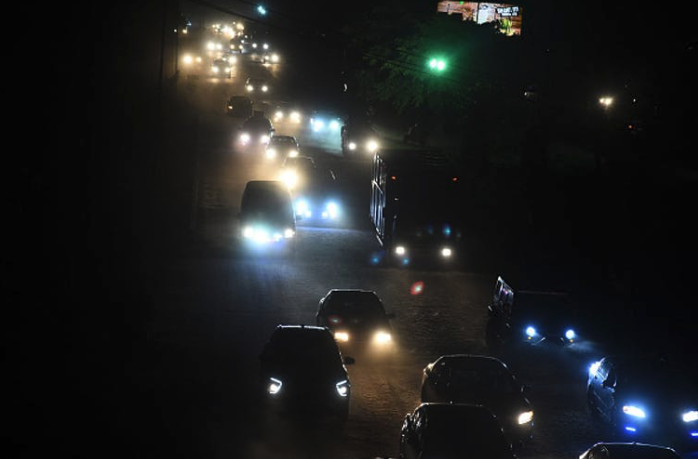News Flash
- A fire at a coupler has caused Nigeria’s national grid to collapsed in the early hours of Monday morning.
- The Independent System Operator reported that the system was only generating 266.5MW after the collapse.
- This is the fifth major grid collapse this year.
“A fire erupted at the Afam V 330kV bus bar coupler, leading to the tripping of units at Afam III and Afam VI. This resulted in a sudden generation loss of 25MW and 305MW respectively, destabilising the grid,” the Transmission Company of Nigeria (TCN) said in the statement. The system was restored by the early afternoon, TCN added.
Nigeria has twenty-three power-generating plants connected to the national grid with the capacity to generate 11165.4MW of electricity. These plants are managed by generation companies (GenCos), independent power providers, and Niger Delta Holding Company. TCN procures power from the generation companies and then transmits it to the distribution companies (DisCos) primary substations, then to the secondary distribution system, and finally to the end consumers.
Nigeria needs around 40000 MW to service national demand. The massive deficit in power-generation means that the country has ongoing load-shedding plus partial and total grid collapse causing widespread blackouts.
Author: Bryan Groenendaal
















3 Comments
Are the Gencos allowed to have their own distribution network? This might sound like a party to chaos but the Gencos may keep this network on 24/7 as they need to sell their product.
Thank you for your support and comments Stephen. There are many ‘gate keepers’ in Nigeria’s energy sector value chain. Arguably the reason why the sector has decline in delivery in relation to population growth over the last 25 years. Capacity shortfall continues to widen. Solar PV with storage at point of use cuts out dependancy on the fragmented national grid value chain. We believe this is the solution to reliable energy access, particularly in rural areas.
Are the Gencos allowed to have their own distribution network? No